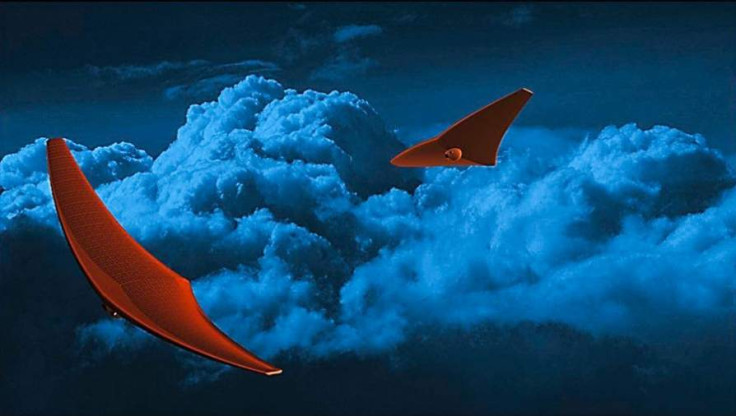Stingray-shaped spacecraft may help explore Venus
The design is essential to exploring Venus' atmosphere.
While we explore life on Mars, there's another largely unexplored planet that's hiding its secrets. Venus is something of a mystery and no probe has explored the planet, given its extreme environment.
Venus has surface temperatures around 900 degrees Fahrenheit and its atmosphere is made of thick clouds of sulphuric acid.
That may change soon. Scientists at the University of Buffalo, New York have devised a way that may enable spacecrafts to enter and explore its atmosphere. A stingray shaped spacecraft has been selected by NASA as one of 12 finalists for the NASA innovative advanced concepts program. It will be a part of the Bio-inspired Ray for Extreme Environments and Zonal Explorations or BREEZE project.
The spacecraft will have capabilities to fly by flapping its wings in a similar manner to how a Stingray flaps its pectoral fins. The design will help control the spacecraft easily in Venus' gaseous upper atmosphere. The Stingray design has been used as it can achieve maximum efficiency with minimal effort. Given the severe zonal and meridional winds on Venus, controlling a spacecraft once it enters Venus' atmosphere is very tough.
How will it gain energy to continuously flap its wings? It will do so using power from the solar panels, which will be generated when it is in the sun.
Specialised equipment will be placed on the spacecraft to take samples of the planet's atmosphere and also monitor its weather patterns. The spacecraft will also look for signs of volcanic activity on the planet. Venus, being a planet with a slow rotation, can allow such as spacecraft to be in flight for a longer duration without access to sunlight, the scientists behind the project claim.
The design will allow the spacecraft to create lift, thrust, and mechanical compression.
If the project is successful, the same technology may be used to explore other planetary bodies, such as Saturn's moon Titan.

© Copyright IBTimes 2025. All rights reserved.





















